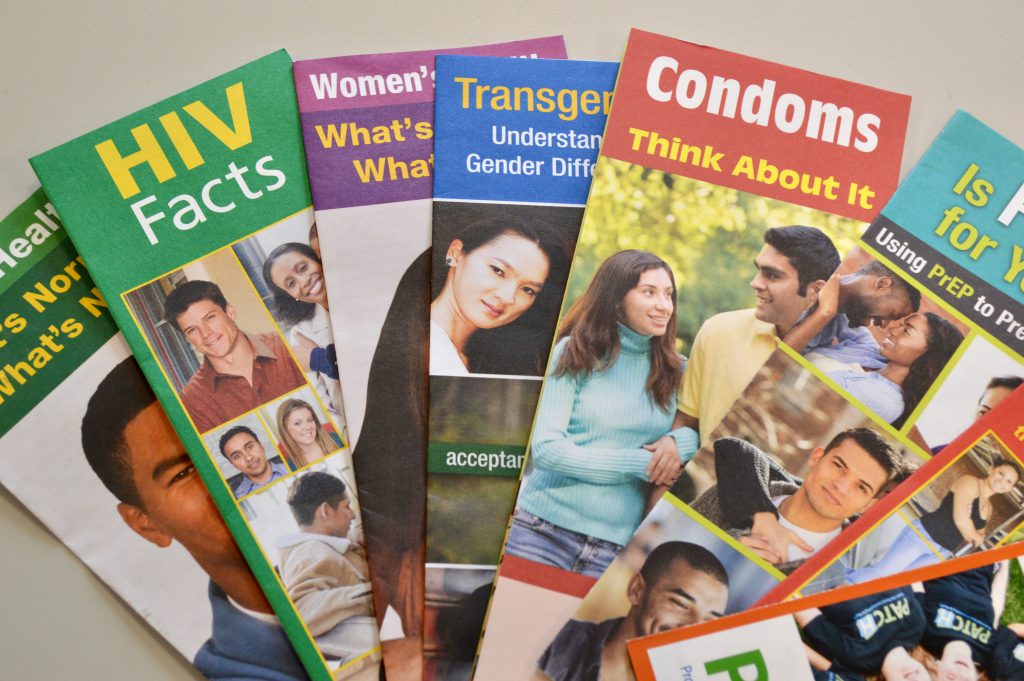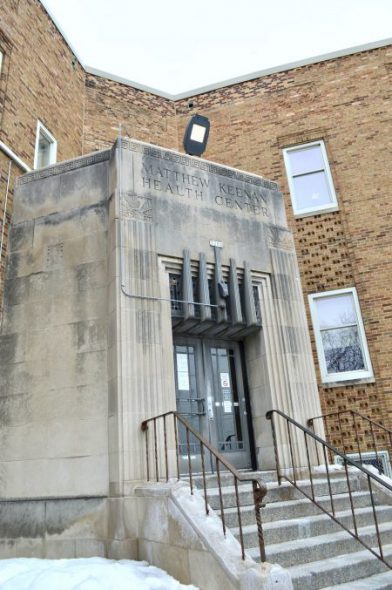A Primer on Sexually Transmitted Diseases
Where to seek information, protection, testing and other resources.

With the growing rate of STD cases in Milwaukee, people are encouraged to get tested. Photo by Ana Martinez-Ortiz/NNS.
In recent years, Milwaukee has seen a rapidly growing rate of sexually transmitted diseases (STD) cases. According to AIDS Vu, there are roughly 3,000 people living with HIV in Milwaukee. This past spring, the Journal Sentinel reported that 125 people had contracted HIV and/or syphilis.
With the growing number of cases, sexually active persons are encouraged to get tested and know their status. Here are answers to common questions on the subject:
Where do I go to get tested?
Getting tested for an STD can be relatively easy. Nowadays, places such as the Keenan Sexual Health Clinic at 3200 N. 36th St. offer tests without an appointment. The clinic is aimed at people who are uninsured and underinsured. People can find the clinic closest to them through the Centers of Disease Control and Prevention. After getting tested, most clinics will let the patient know his or her results as soon as possible. In some cases, no follow-up call signifies a clean bill of health.

The Keenan Health Center at 3200 N. 36th Street offers STD testing. Photo by Ana Martinez-Ortiz/NNS.
How do I get treatment?
Patients diagnosed with an STD can learn more about treatment options through his or her testing center or by contacting a physician. The cost of treatment may range per diagnosis and depend on the clinic. It may be free or offered at a reduced cost.
How do I obtain protection?
Sexually active individuals should always use protection, even if test results deemed them STD free. Testing centers such as Planned Parenthood or the Keenan Sexual Health Clinic offer male and female condoms. In addition to condoms, some places offer lube. 414ALL Milwaukee created a list where people can obtain free condoms at bars, clinics, community organizations and local businesses.
Where can I learn about STDs?
Before engaging in sexual activity, it’s best to be informed about STDs and how they get passed on. In 2016, the Milwaukee Health Department released a report detailing the number of cases in Milwaukee where someone was diagnosed with an STD or HIV. The department created a page to explain each STD, the common symptoms and how it can get passed on.
Where can I find additional support?
Once an STD is detected, a person can receive the proper treatment to eradicate the disease. In some cases, STDs such as HIV, herpes and syphilis are diseases for life. Places such as the AIDS Resource Center for Wisconsin, Sixteenth Street Community Health Center or the Wisconsin Department of Health Services connect with individuals to help them adjust to life with HIV.
This story was originally published by Milwaukee Neighborhood News Service, where you can find other stories reporting on eighteen city neighborhoods in Milwaukee.




















